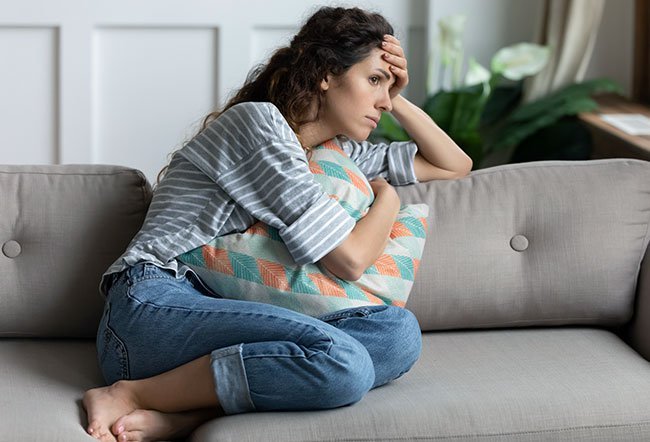What Does It Mean to Be High-Functioning in Depression?

Although not a clinical term, high-functioning depression is a phrase often used to describe a form of depression that may be less debilitating than others.
Depression ranges from mild to severe, and in many cases can impair the ability to function. With high-functioning depression, depressive episodes may be milder or allow a person to live a relatively “normal” life.
What are symptoms of depression?
People with depression may experience symptoms including:
- Low energy
- Low mood
- Lack of interest, also called anhedonia
- Sadness or depressed mood most of the day and nearly every day, also called dysphoria
- Guilt and feelings of worthlessness
- Decreased activities
- Concentration and attention problems
- Decreased or increased appetite
- Significant weight loss or weight gain
- Restlessness and lack of sleep
- Suicidal thoughts
What are the types of depression?
- Major depression: The person stays depressed most of the time for most days of the week.
- Persistent depressive disorder or dysthymia: The person stays depressed for more than 2 years. Symptoms are generally milder than those of major depression.
- Bipolar depression: The person has alternating periods of depression and mania (feeling extremely high in energy).
- Premenstrual dysphoric disorder: Many women experience depressive episodes before their menses.
- Seasonal affective disorder or seasonal depression: Depression mainly occurs during the fall and winter seasons and the symptoms go away during the summer and spring seasons.
What causes depression?
- Low levels of the following
- Serotonin: Associated with satisfaction and feeling good
- Dopamine: Associated with drive and motivation
- Norepinephrine: Associated with energy
- Hypothyroidism
- Chronic diseases
- Emotional events such as loss of a loved one
- Genetics (mutation in serotonin transporter gene, CREB1 gene, on chromosome 2)
- Drugs such as:
- Beta-blockers
- Oral contraceptives
- Methyldopa
- Barbiturates
- Interferons
How is depression treated?
Treatment of depression generally involves psychological counseling and medications. Medications may include:
- Selective serotonin reuptake inhibitors (SSRIs)
- Dual acting antidepressants (serotonin and norepinephrine reuptake inhibitors or SNRIs)
- Desvenlafaxine
- Venlafaxine
- Duloxetine
- Tricyclic antidepressants
- Atypical antidepressants
- Mood stabilizers (mainly used in the treatment of bipolar depression)
- Lithium
- Lamotrigine
- Valproate
- Benzodiazepines (used for anxiety and sleep disorders)
Withdrawal symptoms are most commonly seen in people taking medications for depression. When medications are suddenly stopped, withdrawal symptoms may include:
To prevent withdrawal symptoms, do not stop taking any medications or change doses without consulting your doctor.
